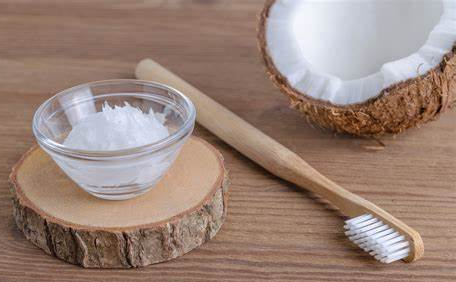What Are Receding Gums?
Gum recession is a common dental problem that affects many people. Receding gums occur when the gum line around the teeth wears away, leaving the tooth root exposed. This condition causes sensitivity, pain, and makes it easier for bacteria to attack the teeth, leading to tooth decay and gum disease. In this article, we will explore the causes, symptoms, prevention, line of treatment, reversal, and home remedies of receding gums.
Causes of Receding Gums
There are several factors that can cause the gums to recede, including:
1. Gum disease: The most common cause of receding gums is gum disease. This condition occurs when bacteria build up in the mouth, causing inflammation and infection.
2. Brushing too hard: Overly aggressive brushing can damage the gum tissue and cause it to recede. It is important to use a soft-bristled brush and to brush gently in an up-and-down motion.
3. Genetics: Some people may be more prone to developing receding gums due to their genetics.
4. Aging: As we age, the gums naturally recede, which can increase the risk of gum disease.
5. Tobacco use: Smoking and other forms of tobacco use can increase the risk of gum disease and cause the gums to recede.
Symptoms of Receding Gums
The symptoms of receding gums can vary depending on the severity of the condition. Some common symptoms include:
1. Sensitivity to hot and cold temperatures
2. Pain or discomfort in the teeth and gums
3. Visible gaps between the teeth
4. Darkening of the teeth
5. Bad breath
Prevention of Receding Gums
There are several things you can do to prevent the gums from receding, including:
1. Maintaining good oral hygiene: Brushing twice daily, flossing, and using mouthwash can help prevent the buildup of plaque and bacteria in the mouth, reducing the risk of gum disease and receding gums.
2. Avoiding tobacco use: Smoking and other forms of tobacco use can increase the risk of gum disease and cause the gums to recede.
3. Eating a healthy diet: Eating a diet rich in fruits, vegetables, and whole grains can help keep the gums healthy.
4. Seeing a dentist regularly: Regular dental checkups and cleanings can help catch gum disease and other dental problems early, preventing the gums from receding.
Line of Treatment for Receding Gums
The line of treatment for receding gums depends on the severity of the condition. In mild cases, the dentist may simply recommend improved oral hygiene practices and regular cleanings to help prevent further damage. In more severe cases, surgery may be necessary to restore the damaged gum tissue. Some common treatments for receding gums include:
1. Scaling and root planning: This is a deep cleaning procedure that helps remove bacteria and plaque from the teeth and gums. Related Article :- What Is Professional Dental Cleaning?
2. Gum grafting: This surgical procedure involves taking tissue from another part of the mouth and attaching it to the affected gum area to restore lost tissue.
3. Pocket reduction surgery: This procedure involves removing any bacteria or plaque from deep pockets in the gums to help prevent further damage and restore gum tissue.
Reversal of Receding Gums
In some cases, it is possible to reverse the damage caused by receding gums. This can be achieved through improved oral hygiene practices, such as brushing and flossing regularly, using mouthwash, and eating a healthy diet. Quitting smoking and other forms of tobacco use can also help prevent further damage. In more severe cases, surgery may be necessary to restore the damaged gum tissue.
Home Remedies for Receding Gums
There are several home remedies that can help alleviate the symptoms of receding gums, including:
1. Oil pulling: Swishing coconut oil or sesame oil in the mouth for 10-15 minutes can help reduce bacteria and inflammation in the gums.
2. Aloe vera: Applying aloe vera gel to the gums can help reduce inflammation and promote healing.
3. Green tea: Drinking green tea can help reduce inflammation and prevent the buildup of plaque and bacteria in the mouth.
4. Vitamin C: Eating foods rich in vitamin C, such as citrus fruits and leafy greens, can help promote gum health.
Conclusion
Receding gums can be a painful and uncomfortable condition, but it is also preventable and treatable. Maintaining good oral hygiene practices, eating a healthy diet, and seeing a dentist regularly can all help prevent receding gums. If you are experiencing symptoms of receding gums, it is important to see a dentist for an evaluation and to discuss treatment options. With the right care, it is possible to reverse the damage caused by receding gums and restore the health of your gums and teeth.



